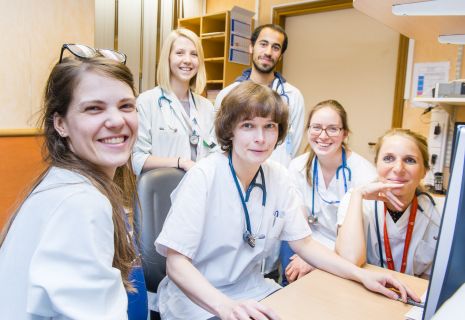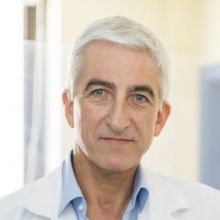
In Europe, 1 man in 3 and 1 woman in 4 will develop cancer before the age of 75. You can reduce and control this risk. So put the odds in your favour!
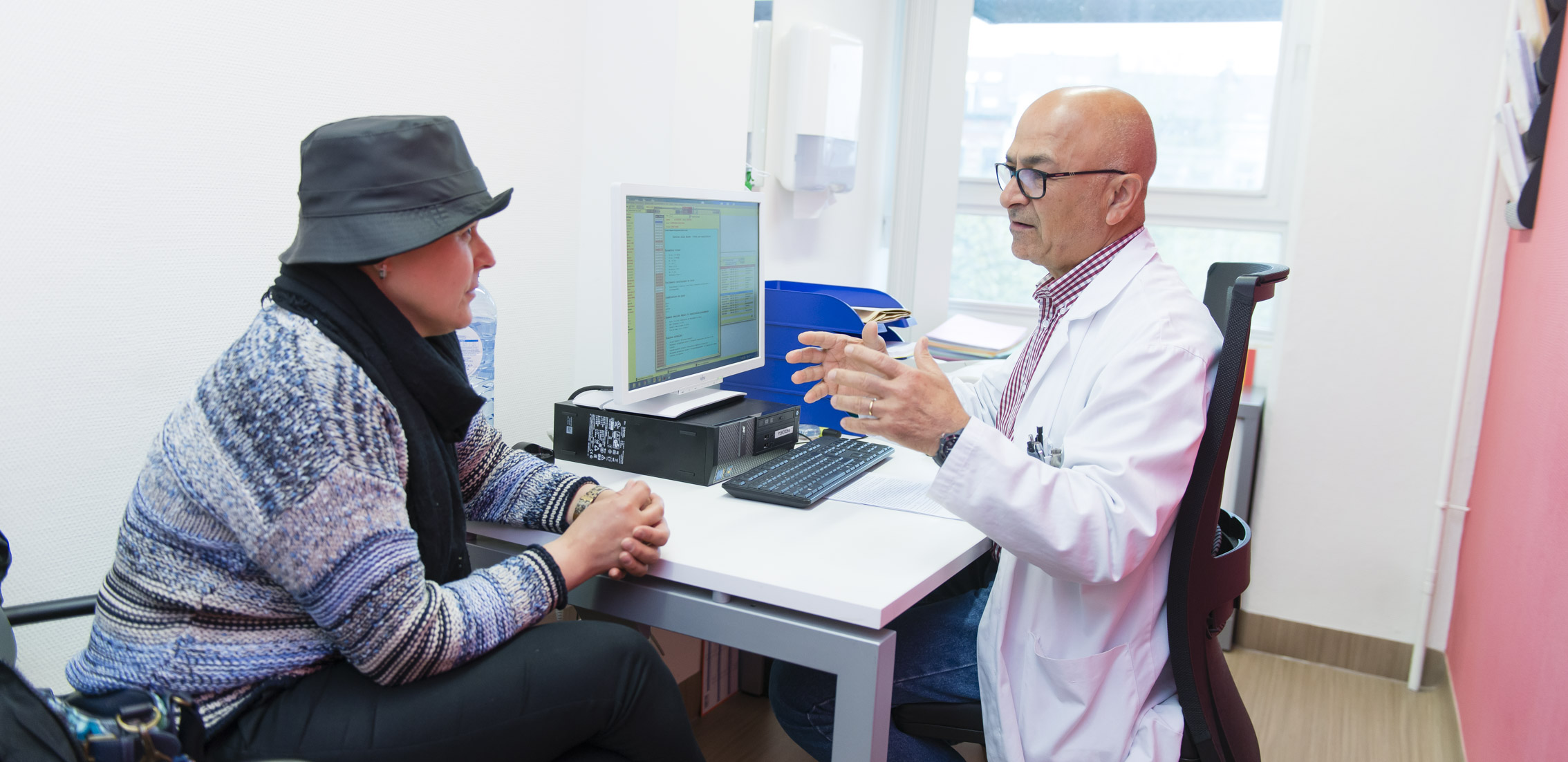
Primary and secondary prevention
- Nobody is safe from developing cancer. However, you can reduce the risk by 30% by following a few simple rules (primary prevention):
- Don’t smoke
- Maintain a healthy weight
- Eat a balanced diet
- Get regular exercise
- Moderate your alcohol consumption
- Limit your exposure to the sun.
Thanks to screening, certain cancers, including the most common, can be detected at an early stage, even before symptoms appear. Making use of cancer screening is also a way of putting the odds in your favour (secondary prevention).
Our Cancer Prevention and Screening Centre offers a cancer risk assessment service. It is open to all: to those with no particular risk and to those with a known risk. The approach is multidisciplinary: medical, genetic, social, professional and psychological.
Firstly, the Prevention and Screening Centre establishes your risk profile.
We then offer you a personalised prevention plan. This is a customised screening strategy to match your personal situation. We also provide advice, where needed, on lifestyle changes (quitting smoking, diet, exercise, etc). We can help you achieve these goals through our Smoker Support Centre and/or our dieticians.
With your agreement, we will report back to your GP.
The Oncogenetic Clinic, within the Prevention and Screening Clinic at the Jules Bordet Institute and in partnership with the Genetics Centre at the Université Libre de Bruxelles, uses the latest technology to study the impact of the genes involved in the development of hereditary cancers.
Titre
Prevention and Screening: User Guide
There are four stages in establishing your risk profile and your personalised prevention plan.
Making an appointment
- H.U.B general call
- Phone : +32 (0)2 555 55 55 (8h30 - 12h30 and 13h30 -17h)
- Forms online (To make, change or cancel an appointment)
- Application MyHUB : iOS, Android
- Service Secretariat (excluding consultation)
Once your appointment has been confirmed, you will receive a questionnaire on your state of health and your lifestyle. You can complete this in complete confidence. It will serve as the basis for your discussion with the doctor when you have your appointment.
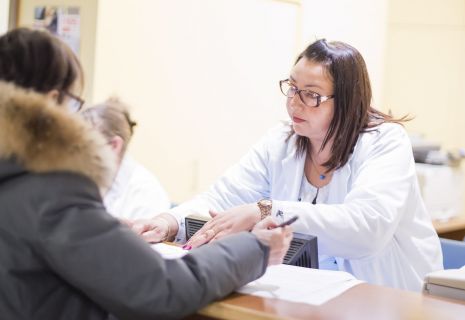
Consultation with the doctor
On the day of your appointment, bring your completed questionnaire with you. There is no need to have fasted. It is advisable to arrive 15 minutes beforehand.
You will be seen by a general practitioner specialising in prevention and screening. During your consultation, your risk level will be assessed on the basis of the evaluation questionnaire. Your age, gender, personal and family history, your lifestyle and professional profile will all be taken into account. A full clinical examination will also be carried out.
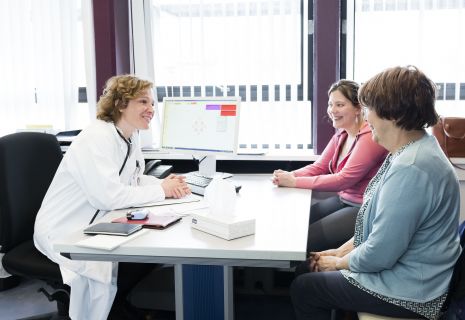
Medicotechnical examinations
Depending on your risk profile, the doctor may offer additional examinations such as medical imaging, blood analysis, etc.

Specialist consultations
Depending on your risk profile, specialist consultations may also be offered.
For example:
- Dermatology consultation: to check any skin anomalies (recent change in the size or colour of a mole, for example).
- Nutritional consultation: to correct an unbalanced diet and/or excess weight by dieting and/or dietary advice.
- Consultation with the Institut Jules Bordet Smoker Support Centre: we take a medical, pharmacological, psychological and behavioural approach. There are three phases in quitting smoking: preparatory phase, detox phase and consolidation phase.
- Screening test for osteoporosis: to check your bone capital after the menopause.

Our team
- Dr Jean-Benoît BURRION, Clinical Director
- Dr Françoise ANCIAUX
- Dr Nassim BENGRAB
- Dr Mehnaz MALEKI
- Dr Daniela RODRIGUEZ TAPIA
- Dr Evelyne STAQUET
- Dr Daphné T’KINT de ROODENBEKE, Oncogenetic advice
- Mrs Martine DELMELLE, Oncogenetic advice
- Martial BODO, Tabacologie
- Hilde VANDECASTEELE, Tabacologie
- Mrs Laurence GILSON, Tabacologie
22/01/2025
